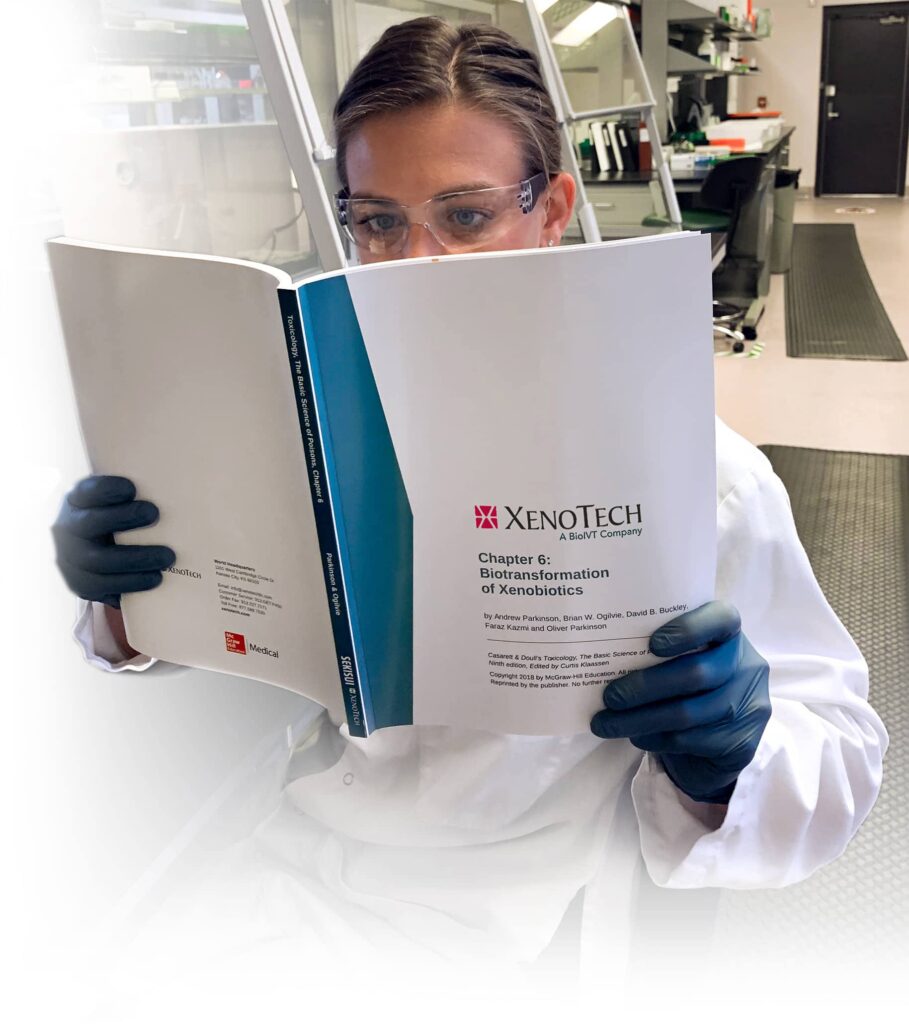
The effect of multiple cryopreservation cycles on drug-metabolizing enzymes in human hepatocytes
Full Title
The effect of multiple cryopreservation cycles on drug-metabolizing enzymes in human hepatocytes
Abstract
Cryopreserved hepatocytes provide a convenient in vitro test system to study the phase-1 and phase-2 metabolism of new chemical entities; however cryopreservation (freeze-thaw cycles) can damage the cells.
Cryoinjury is associated with rapid dehydration of cells (osmotic effects) and formation of intracellular ice during the freezing process, which in turn leads to a disruption of cellular membranes, changes in protein conformation and nucleic acid damage (single and double DNA strand breaks).
This study characterized the effects of multiple cryopreservation cycles on the activities of drug-metabolizing enzymes in individual and pooled samples of human hepatocytes. Hepatocytes isolated from four donors were cryopreserved once, twice or three times according to a stepwise protocol. Pooled hepatocytes (n=5) were prepared by two protocols: one involving the thawing of individual lots of frozen hepatocytes, followed by pooling and re-freezing, and the other by pooling cryopreserved hepatocyte pellets (CryostaX™) without thawing or re-freezing the cells. All cells were stored in the vapor phase of liquid nitrogen and were thawed under the same conditions. Viable hepatocytes were separated from non-viable cells by Percoll® gradient centrifugation. The following enzyme activities were measured in situ: CYP3A4 (testosterone 6β-hydroxylation), CYP1A2 (phenacetin O-dealkylation), CYP2B6 (bupropion hydroxylation), FAD-containing monooxygenase (FMO, benzydamine N-oxidation), UDP-glucuronosyltransferase (UGT), and sulfonotransferase (SULT, 7-hydroxycoumarin sulfonation)…